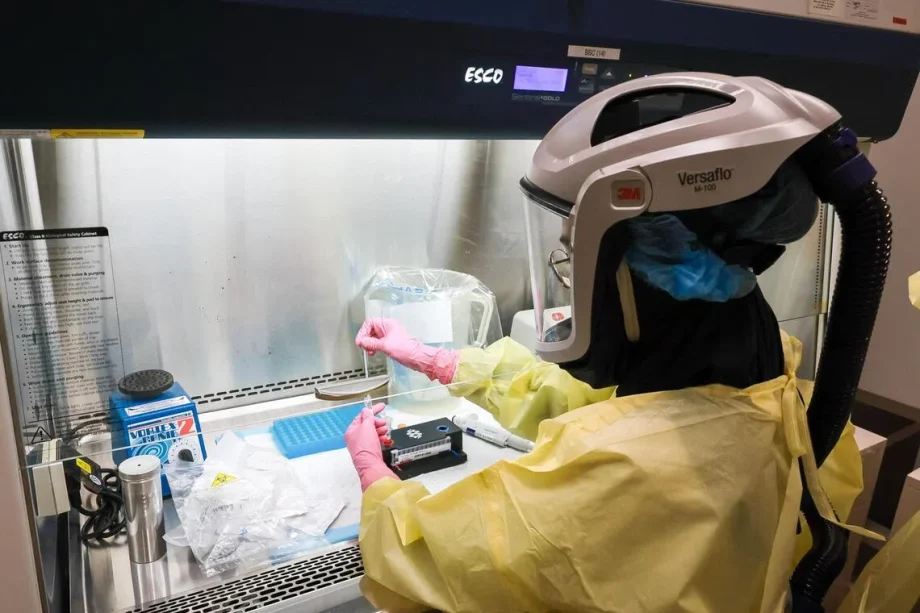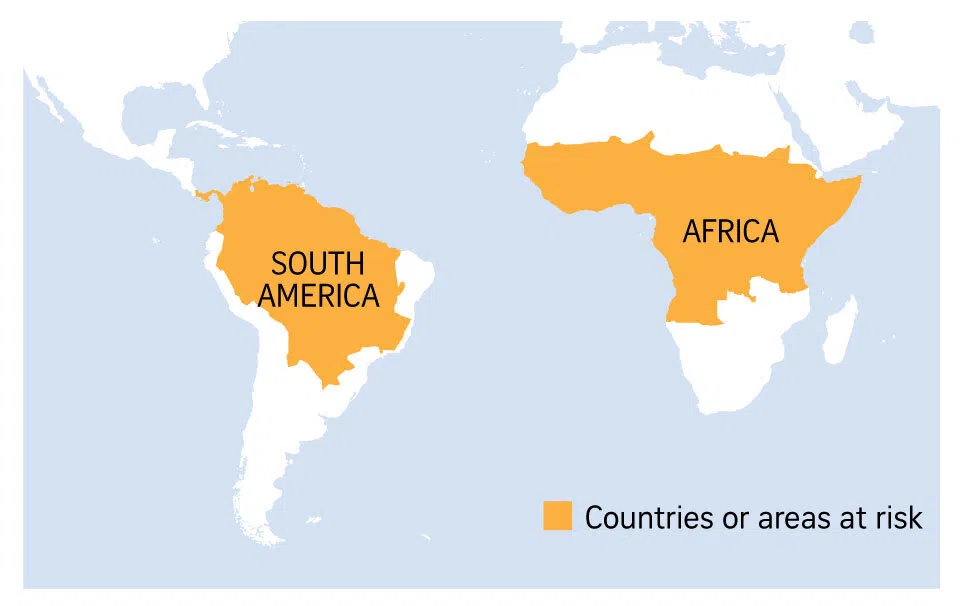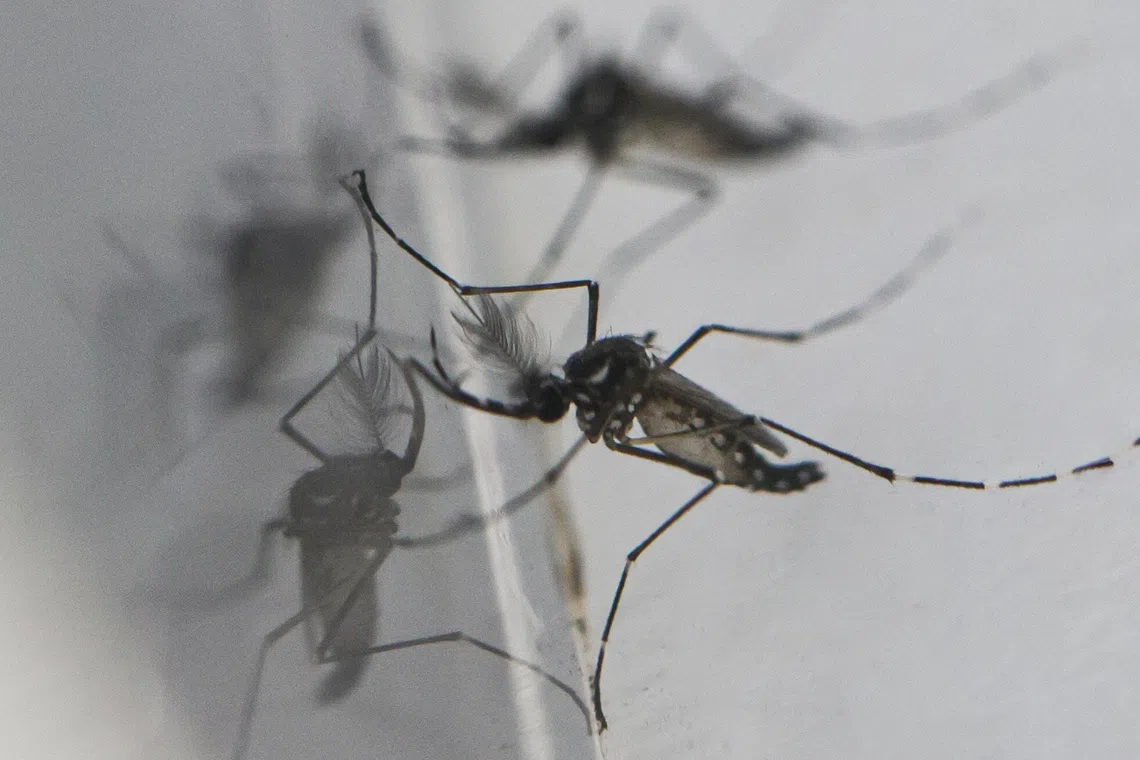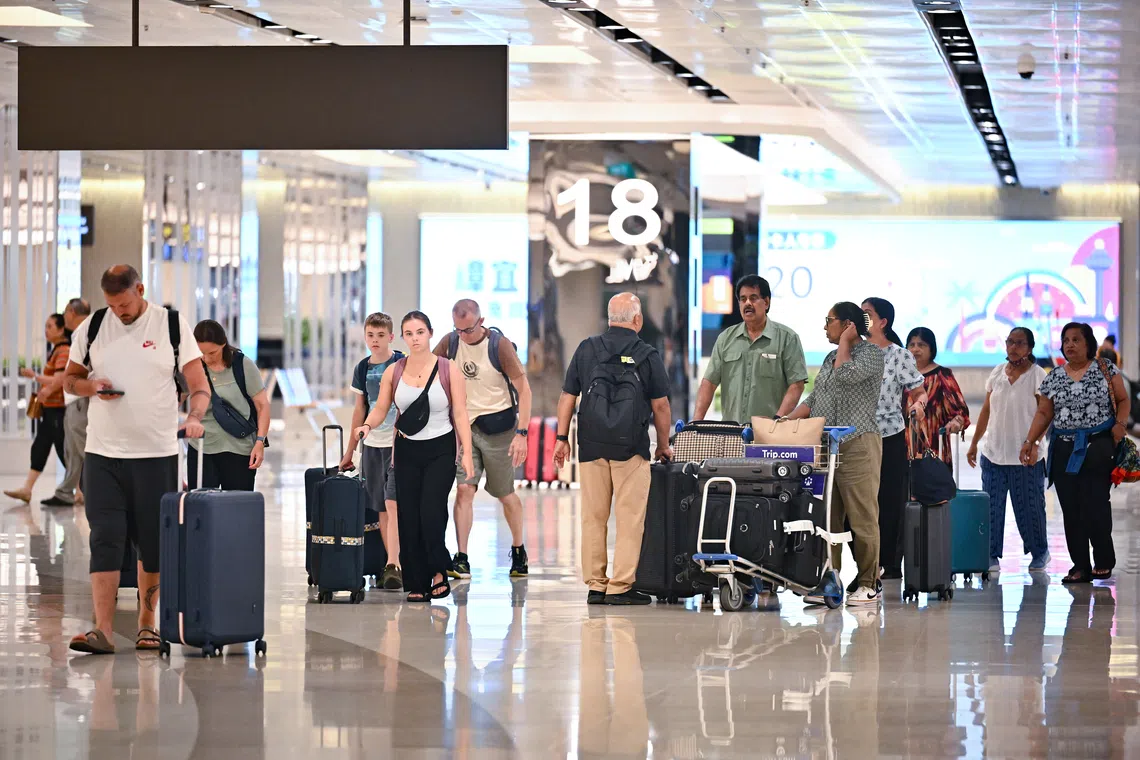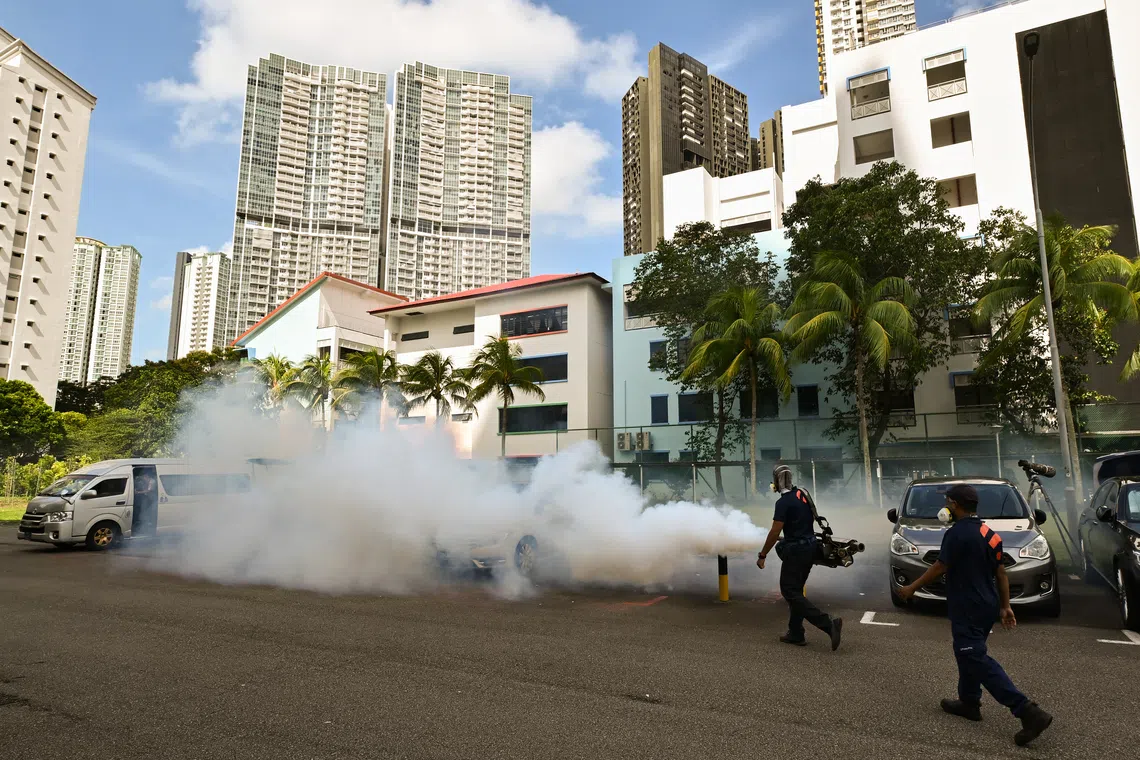SINGAPORE – While Singapore is free of yellow fever now, the country is still under threat from the viral disease, which like dengue is transmitted by the Aedes mosquito.
Mr Pream Raj, acting director of Contact and Environmental Diseases, Border and Travel Health at the new Communicable Diseases Agency (CDA), flagged the danger posed by yellow fever, and said Singapore has to do a lot more to prevent its potential introduction and spread here.
Yellow fever is a mosquito-borne acute haemorrhagic fever that can result in death. It poses a significant threat to global health security, due to its high impact and potential for international spread. Endemic in the tropical regions of South America and sub-Saharan Africa, yellow fever is estimated to cause up to 60,000 deaths worldwide every year.
In an interview with reporters, Mr Pream gave the example of how Singapore is managing the threat of yellow fever to illustrate the work of the CDA, which
was set up in April
and is the point agency to safeguard the country against infectious disease threats.
He highlighted the difficulty of managing the Aedes population in Singapore, as the country’s tropical climate and urban environment provide ample breeding habitats.
“This makes it extremely dangerous should yellow fever be brought into the country… so, what we want to do is to prevent the disease from taking root here,” he said.
Mr Pream’s team looks at travel health to ensure that residents of Singapore, who are travelling abroad, have the necessary information and know what measures to take to protect themselves so that they do not get infected while abroad or bring any infectious diseases back.
Travel health refers to public health measures and guidance for travellers to prevent infectious diseases, including health screenings, vaccinations, and risk assessments before and after international travel.
The CDA manages the risks associated with international travel and trade hubs through services such as pre-travel consultations and issuing mandatory vaccination certificates for certain destinations.
People travelling to countries where yellow fever is endemic – such as Ethiopia, Rwanda, Uganda, Brazil, Peru and Venezuela – need to get vaccinated at least 10 days before the trip to be protected against this mosquito-borne virus.
Returning travellers who are identified at the borders with symptoms of yellow fever will be referred to the hospital, Mr Pream said.
Those who return from places where the disease is endemic and fail to produce a valid yellow fever vaccination certificate can be quarantined in a government quarantine facility, even if they do not show symptoms, he added.

